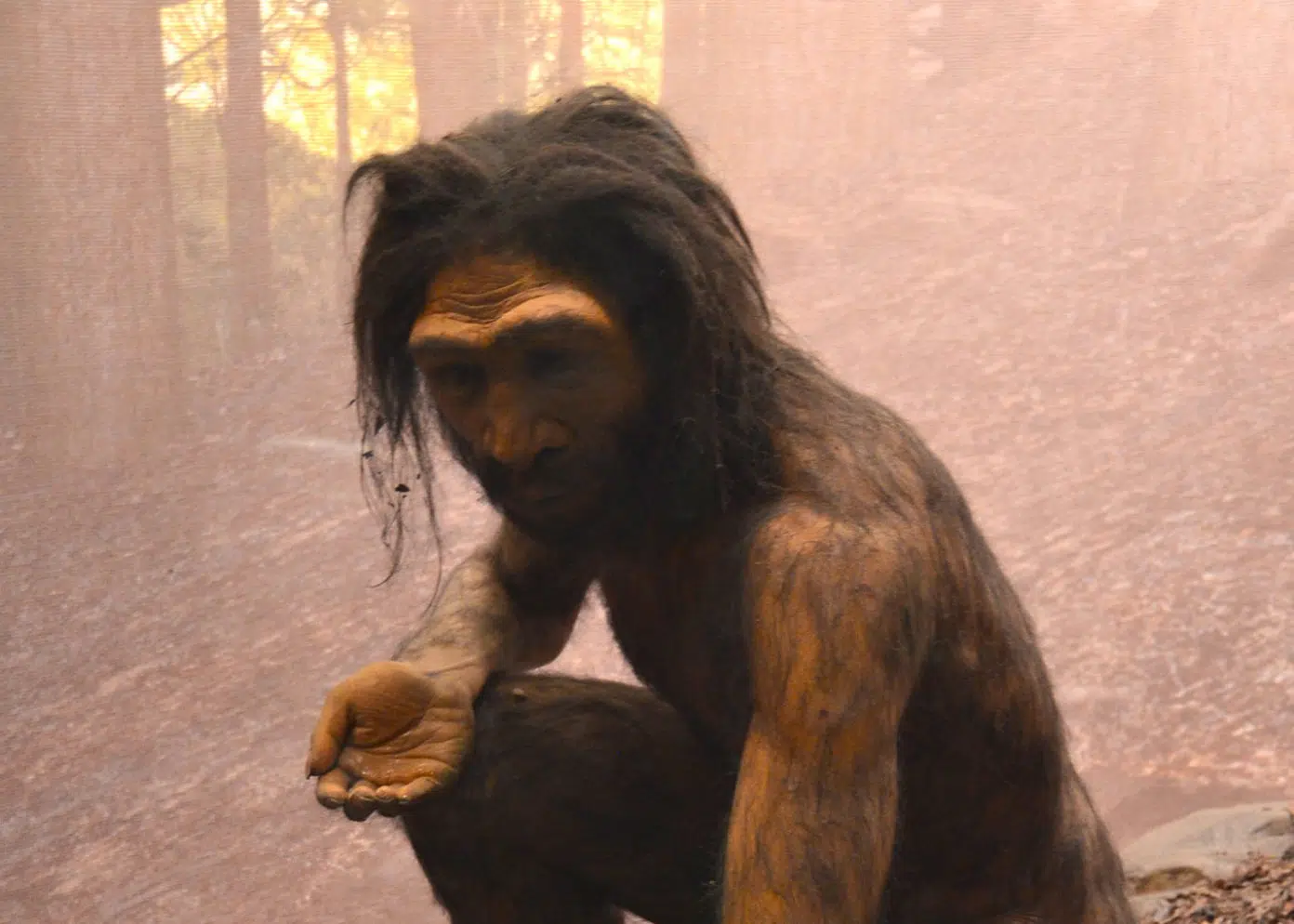A team of researchers has identified a new human species, Homo juluensis, which went extinct approximately 200,000 years ago in China. The discovery was made at the Xujiayao site and includes fossilized remains of 16 individuals.
Homo juluensis had distinct physical characteristics, including large skulls, wide craniums, and oversized teeth. Their skulls were significantly larger than those of Neanderthals and modern humans.
The species was highly adaptable and lived in small, isolated groups. They were skilled hunters, relying on wild horses for sustenance, and crafted clothing from hides to endure harsh winters.
The discovery of Homo juluensis sheds new light on the complexity of human evolution and challenges long-standing models. The findings suggest that there was greater diversity among ancient populations in eastern Asia than previously understood.
Source: GreekReporter





